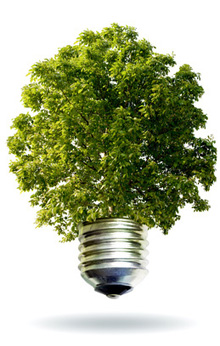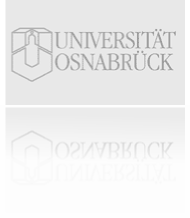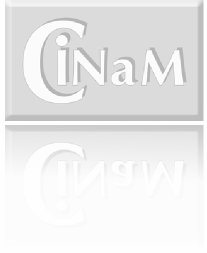ScopeNC-AFM and related techniquesNoncontact atomic force microscopy (NC-AFM) and related experimental techniques emerged about 25 years ago and have since then taken a dramatic development. Having branched into a multitude of experimental tools, NC-AFM is indispensable in many fields of surface science and nanoscience. By NC-AFM, the structure of surfaces, in particular of insulating character, can be studied at the nanometre and and atomic scales. Imaging with atomic resolution is often complemented by force mapping allowing to obtain detailed information about the interaction between the tip and surface atoms. The standard today is to image the atomic structure of surfaces but also single molecules, to precisely manipulate atoms, molecules and nanoparticles by the action of the AFM tip making NC-AFM a tool for nanostructuring surfaces. Besides the possibility of investigating electrically insulating surfaces, the strength of NC-AFM is the versatility of related methods and applications like magnetic force microscopy (MFM), electrostatic force microscopy (EFM) and Kelvin probe force microscopy (KPFM), the latter two allowing the study of local work function and charge/dipole distributions providing some chemical specificity.The main objective of the Summer School is to teach the basics of NC-AFM and related techniques like KPFM and, starting from this basis, to provide a deeper insight into specific fields on a high scientific level. The teaching will not only include the foundations and theory of the techniques but it will also demonstrate their potential and applications. The Summer School will have a multi-disciplinary character as the discussed techniques have equally important application in fields like surface physics and chemistry as well as nanoscience. Lectures will be complemented by demonstrations in the lab covering a variety of basic and advanced NC-AFM techniques. Apart from the teaching the students will have the opportunity to present and discuss their work as a poster presentation. Target audienceThe Summer School addresses mainly PhD and graduate students but also post-docs and generally researchers with an interest to be acquainted with NC-AFM and related techniques or who wish to extend their knowledge in this field. Furthermore, it is open to Bachelor and Master students with an intention to enter the NC-AFM community. Participants from France and Germany are given priority. The official language will be English.OrganizationThe Summer School comprises the following types of activities:

|
 |





